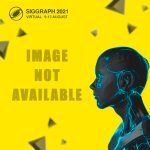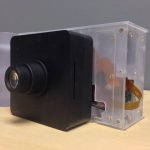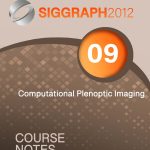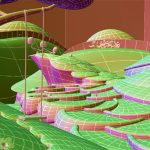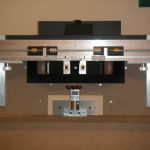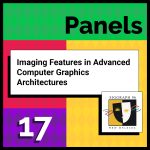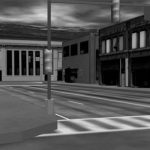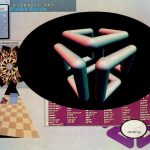Kurt Akeley
Most Recent Affiliation(s):
- Google LLC, Distinguished Engineer
Other / Past Affiliation(s):
- Microsoft
- Silicon Graphics, Inc. (SGI)
Location:
- Mountain View, California, United States of America
Website:
Bio:
SIGGRAPH 2012
A pioneer in the field of computer graphics and a founding member of Silicon Graphics (later known as SGI), Kurt has helped develop innovative products like SGIs RealityEngine and the OpenGL graphics system. He has contributed as well to 3D display technology, NVIDIA GPUs, and the Microsoft Research lab. He is an indefatigable traveler and prefers to be on the move when closer to home as well, often scheduling “walking” meetings while exploring the tranquil neighborhoods near Lytros Mountain View office. Kurt earned his Ph.D. in computer science from Stanford University and his B.E.E. from the University of Delaware. In 2005, he was awarded membership in the National Academy of Engineering. SIGGRAPH honored him with the Computer Graphics Achievement Award in 1995, and he’s also been inducted as a Fellow of the Association for Computing Machinery.
SIGGRAPH 2010
Kurt Akeley is a principal researcher at Microsoft Research Silicon Valley, currently developing stereo display systems that stimulate nearly correct focus cues. Kurt is a co-founder of Silicon Graphics, where he worked for nineteen years on high-performance graphics systems and software, including OpenGL. After leaving SGI in 2001, Kurt completed his PhD at Stanford, worked part-time at NVIDIA contributing to the development of CG, and spent two years in Beijing as a general manager of Microsoft Research Asia. Kurt is a member of the National Academy of Engineering and a recipient of the SIGGRAPH Computer Graphics Achievement Award.
SIGGRAPH 1993
Kurt Akeley is vice president and chief engineer in the Visual Systems Group at Silicon Graphics Inc. and is one of the company’s founders. Kurt is responsible for the architecture of the company’s next generation high end graphics technology. He is also SGI’s representative on the OpenGL Architecture Review Board. Kurt’s publications include High Performance Polygon Rendering SIGGRAPH 88 Conference Proceeding, The Accumulation Buffer Hardware Support for High Quality Rendering SIGGRAPH 90 Conference Proceedings, and The Silicon Graphics 4D/24()GTX Superworkstation, July 89 IEEE CG&A. He received a BEE from the University of Delaware in 1980 and an MS in Electrical Engineering from Stanford in 1982.
SIGGRAPH 1990
Kurt Akeley is chief engineer in the Advanced Systems Division of Silicon Graphics Computer Systems. He has been with Silicon Graphics since its founding in 1982 and has contributed to the development of both CPU and graphics subsystems. He received a BSEE from the University of Delaware in 1980 and an M.S. in electrical engineering from Stanford University in 1982. His Interests include hardware systems design, high-performance graphics, and schematic and simulation tool development.
SIGGRAPH Asia 2008
Kurt Akeley led the development of OpenGL at SGI, a company he co-founded. He co-authored the OpenGL specification and worked with other companies to establish OpenGL as an industry-wide standard. He also led development of several SGI high-end graphics systems, including GTX, VGX, and RealityEngine. While at NVIDIA, he co-developed the Cg shading language for programming graphics hardware. He completed his PhD at Stanford in 2004. Now at Microsoft, he researches computer graphics and computer architecture.
SIGGRAPH Member Profile:
Additional Links:
Learning Category: Organizing Committee Chair:
Learning Category: Jury Member:
Award(s) and Recognition:
- SIGGRAPH 1995 Computer Graphics Achievement Award: Akeley
- ACM SIGGRAPH Academy Member, inducted in 2018
Learning Category:
Presentation(s):
Role(s):
- ACM SIGGRAPH Academy Member
- Awardee
- Course Presenter
- Panel Presenter
- Retrospective Presenter
- Technical Paper Presenter
- Technical Papers Jury Member
- Technical Papers Organizing Committee Chair/Co-Chair
Submit a story:
Did you know you can send us a photo of yourself and a bio and we will post it? Make sure the photo is at least 1000 x 1000 and send it to the email above along with the bio and we will add it to your page.




